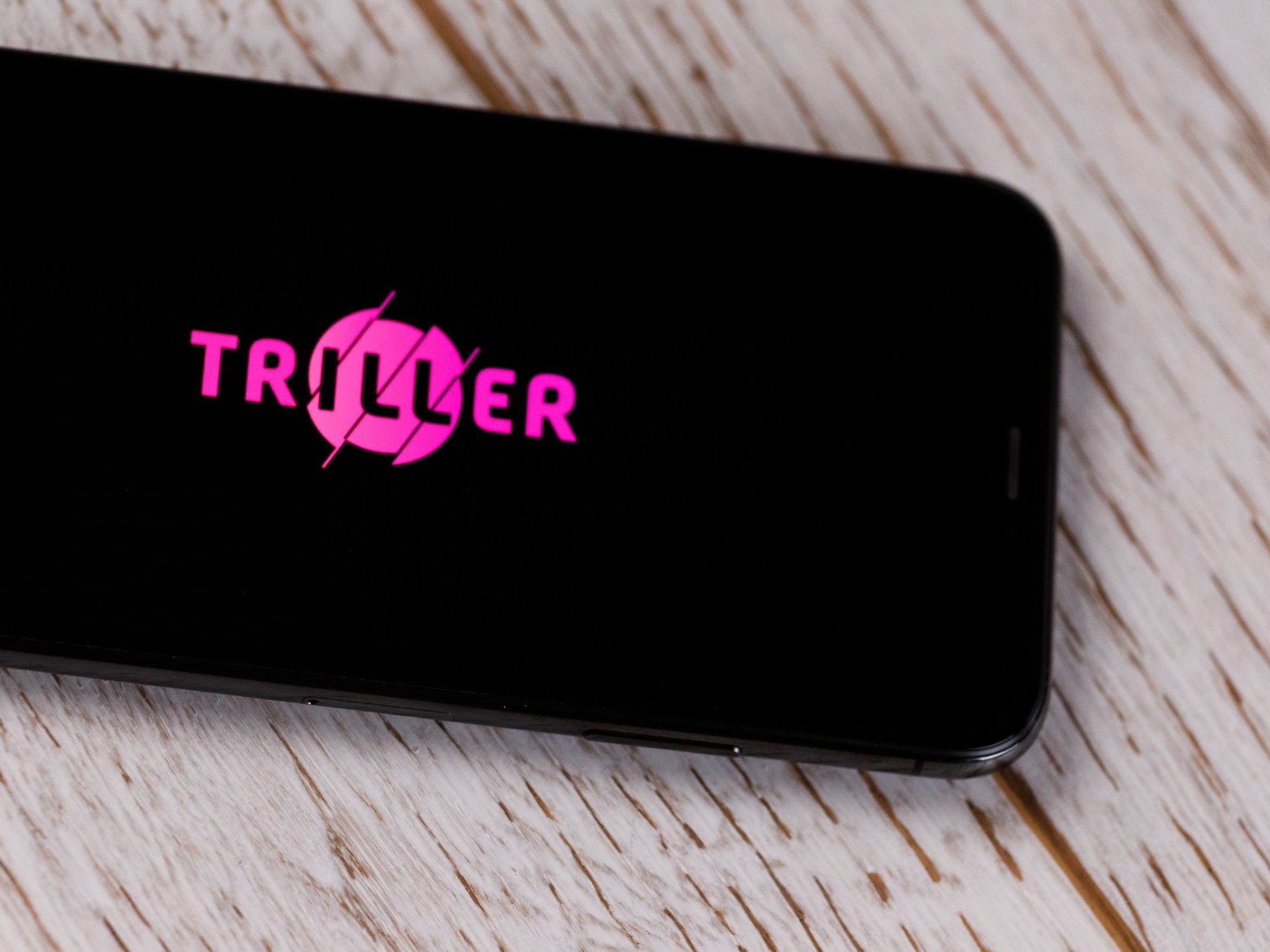Universal Music Group Pulls Drake, Arianna Grande and Other Top Acts from Triller
Sam primarily covers entertainment and media for dot.LA. Previously he was Marjorie Deane Fellow at The Economist, where he wrote for the business and finance sections of the print edition. He has also worked at the XPRIZE Foundation, U.S. Government Accountability Office, KCRW, and MLB Advanced Media (now Disney Streaming Services). He holds an MBA from UCLA Anderson, an MPP from UCLA Luskin and a BA in History from University of Michigan. Email him at samblake@dot.LA and find him on Twitter @hisamblake

Universal Music Group lashed out against L.A.-based short-form video app Triller on Friday, pulling its extensive music catalog of artists, including Drake, Post Malone, Arianna Grande, Selena Gomez, Eminem and hundreds of others from the app.
The app has yet to take down the entire song catalog.
UMG claims Triller has withheld payments to artists and has refused to negotiate a new deal, while Triller said it remains in the process of renegotiating its expired contract with the music giant.
"We will not work with platforms that do not value artists," UMG said in an emailed statement. "Triller has shamefully withheld payments owed to our artists and refuses to negotiate a license going forward. We have no alternative except to remove our music from Triller, effective immediately."
Triller has previously touted its music licensing deals as an important factor in its competition with similar apps like TikTok, Snap and Instagram. In July, executive chairman Bobby Sarnevesht told dot.LA that "what differentiates Triller is we've always had music licenses in place."
Triller said that its contract with UMG expired a week ago and that it already has relationships with artists, so it no longer needs a deal.
"We have been negotiating since then in an attempt to renew. The renewal, however, was just a formality and a courtesy to UMG, as a shareholder of Triller," the company said in a statement. "Triller does not need a deal with UMG to continue operating as it has been since the relevant artists are already shareholders or partners on Triller, and thus can authorize their usage directly. Triller has no use for a licensing deal with UMG."
"Triller's statements are removed from reality," said a UMG spokesperson.
Triller's original deal with UMG expired about a year ago but the two companies had continued working under a series of short-term contract renewals, according to a source familiar with the matter. A couple months ago, Triller stopped paying UMG and eventually told UMG that it no longer required a license. UMG then told Triller's music distribution partner, 7digital, to stop delivering music to Triller, according to the source, and UMG sent notice to Triller to remove all UMG content from the app.
This is not Triller's first scuffle regarding copyright licensing. In November, Wixen Music Publishing House filed a $10 million copyright infringement suit against Triller claiming it had illegally used Wixen's songs by Weezer, The Ramones, Styx and hundreds of other artists in the music publisher's 50,000-deep catalog. Triller's CEO Mike Lu at the time called Wixen's actions a "baseless shakedown." In January, Triller filed a motion to dismiss the case and in February Wixen filed a notice of opposition to dismissal; the case remains unsettled.
National Music Publishers' Association President and chief executive David Israelite has called out Triller multiple times for being loose with its copyright licensing.- Triller Threatens Legal Action Over Metrics Estimates - dot.LA ›
- Triller's CEO on 'Baseless' Music Infringement Claims - dot.LA ›
- Triller Is Reviewing Offers from 3 SPACs to Go Public - dot.LA ›
- Triller Acquires Hip Hop Battle Platform Verzuz - dot.LA ›
- Triller CEO Mahi de Silva on the Startup's New Plans - dot.LA ›
- Triller Strikes Deal with Universal Music Group - dot.LA ›
Sam primarily covers entertainment and media for dot.LA. Previously he was Marjorie Deane Fellow at The Economist, where he wrote for the business and finance sections of the print edition. He has also worked at the XPRIZE Foundation, U.S. Government Accountability Office, KCRW, and MLB Advanced Media (now Disney Streaming Services). He holds an MBA from UCLA Anderson, an MPP from UCLA Luskin and a BA in History from University of Michigan. Email him at samblake@dot.LA and find him on Twitter @hisamblake





 Image Source: Tinder
Image Source: Tinder Image Source: Apple
Image Source: Apple